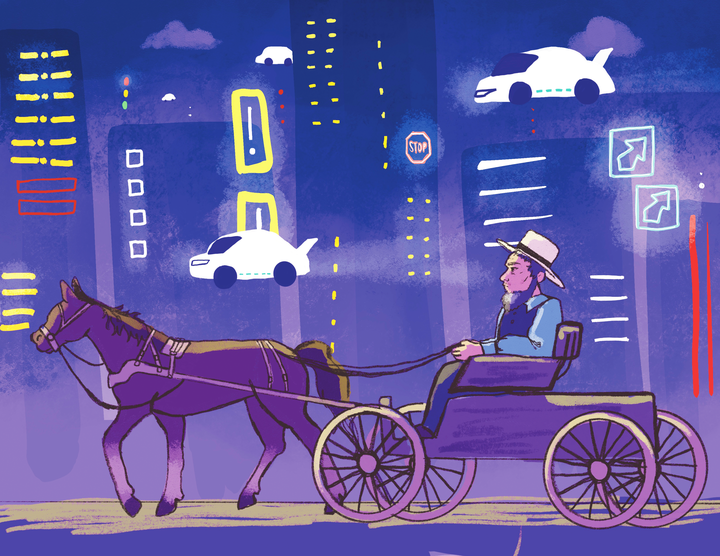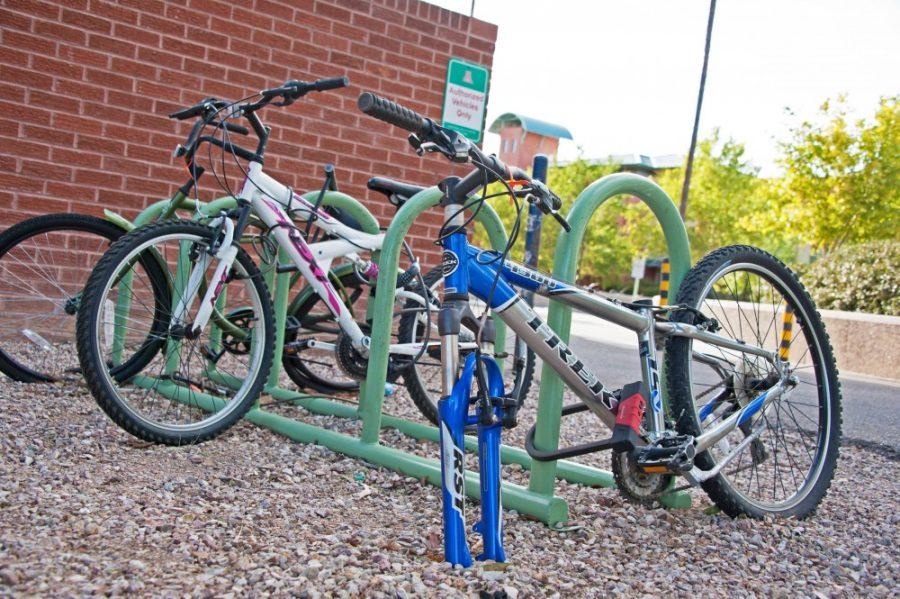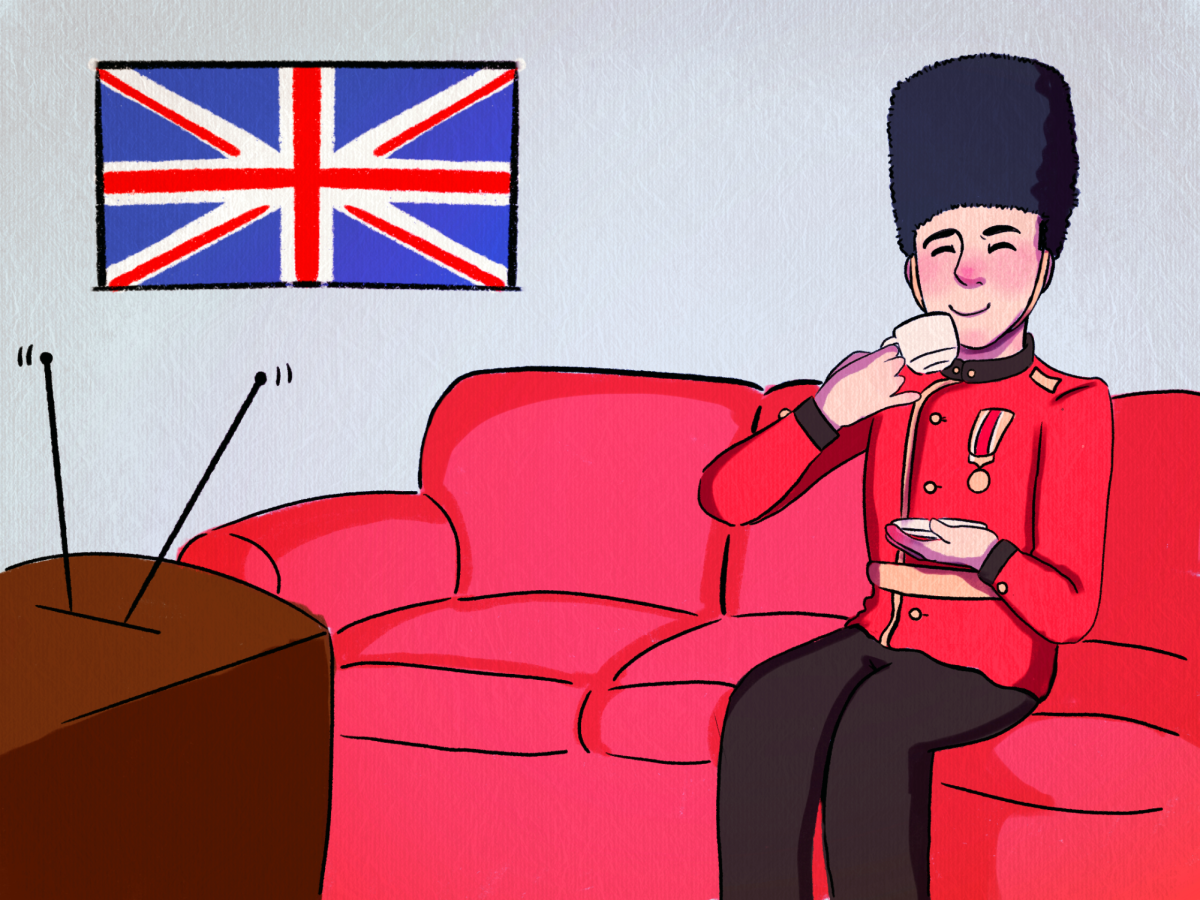March 4 was a chaotic, disruptive day for several college campuses across the country. The UA seemed to have missed the memo, and good riddance to that.
On March 4, which was the Day of Action to Defend Public Education, students all engaged in rowdy demonstrations to speak out against education budget cuts and tuition increases.
Peaceful protests are perfectly sound, but students at the University of California, Davis among many other institutions staged inconsiderate, unconstructive protests that cheapened their message of lowering the price of intellectual curiosity.
Nearly 300 UC Davis students came together to block the I-80 freeway ramp, which is by the campus. Earlier that day, many of these protestors took their demonstrations to occupied classrooms and, in turn, disrupted class sessions.
It’s understandable that students are furious about the ridiculous rising cost of higher education, but why would they choose to punish their fellow schoolmates and community members with ambushing protests? Shouldn’t they want as many people as possible on their side?
Everyone is upset that students have to foot the bill for pretty much everything these days, but isn’t it also disrespectful of protestors to interrupt class lessons and prevent their classmates from learning and safely traveling around their own city?
Clearly, student protestors everywhere are feeling helpless and as if they have no other option but to get pushy, even if they have to inconvenience friends, strangers, neighbors and fellow schoolmates. Protestors are casualties of tuition increases, and, now, innocents are casualties of the protestors’ decisions.
This approach deters supporters and seems to have no consideration for the students who just want to attend classes at the academic institution for which they already paid. What’s the point of breaking into a classroom to chant about budget cuts? Way to cheat the students who went to class to learn something.
The same argument can be applied to the freeway blockage. What purpose does that serve, other than to infuriate bystanders who have no control over budget cuts?
According to an Associated Press report, protesters at the University of California, Santa Cruz blocked campus gates and smashed the windows of a car while its driver was inside. The same news story reported that a group of students at the University of California, Berkeley formed a human chain blocking a main gate to the campus. California State University, Northridge students followed the UC Davis protesters’ lead and stood in the middle of a traffic intersection.
Many of these protestors acted childishly by resorting to violence and immense hostility. Worst of all, they were completely insensitive towards their classmates, who actually wanted to go to classes on March 4, which was just two weeks away from the UC Davis finals week. Why should everyone on campus and in the general college town have to suffer simply because state legislatures all over are implementing budget cuts?
The UA seemed to have missed out on college campus insanity on March 4. In January 2009, Arizona students rallied against massive budget cuts at the Capitol. At no point in this protest did students lash out in violence or prevent townspeople from crossing the streets. Sure, that event didn’t receive the same amount of television coverage as the California school protests, but it didn’t make a national ass out of the UA, either.
To be fair, the March 4 protestors, like all public school students, have grounds to be fed up. Many students are unable to continue pursuing a higher education as a result of fee increases, among other factors. This is unjust, but the individuals at hand can actually accomplish something semi-constructive and mature by creating petitions, making phone calls to government officials, writing letters, and being persistent in an intelligent manner. The state legislatures remain blasé and apathetic, but they probably won’t want to listen to a bunch of out-of-control protestors with an unwarranted sense of entitlement.
Tuition will not decrease in the aftermath of these sorts of protests. Perhaps nothing, not even positive give-and-take dialogue, will persuade state legislatures to make education more affordable for everybody. This is an unfortunate reality, but protestors aren’t going to change the situation by wreaking havoc in their university cities and towns.
—Laura Donovan is a creative writing senior.
She can be reached at letters@wildcat.arizona.edu.








